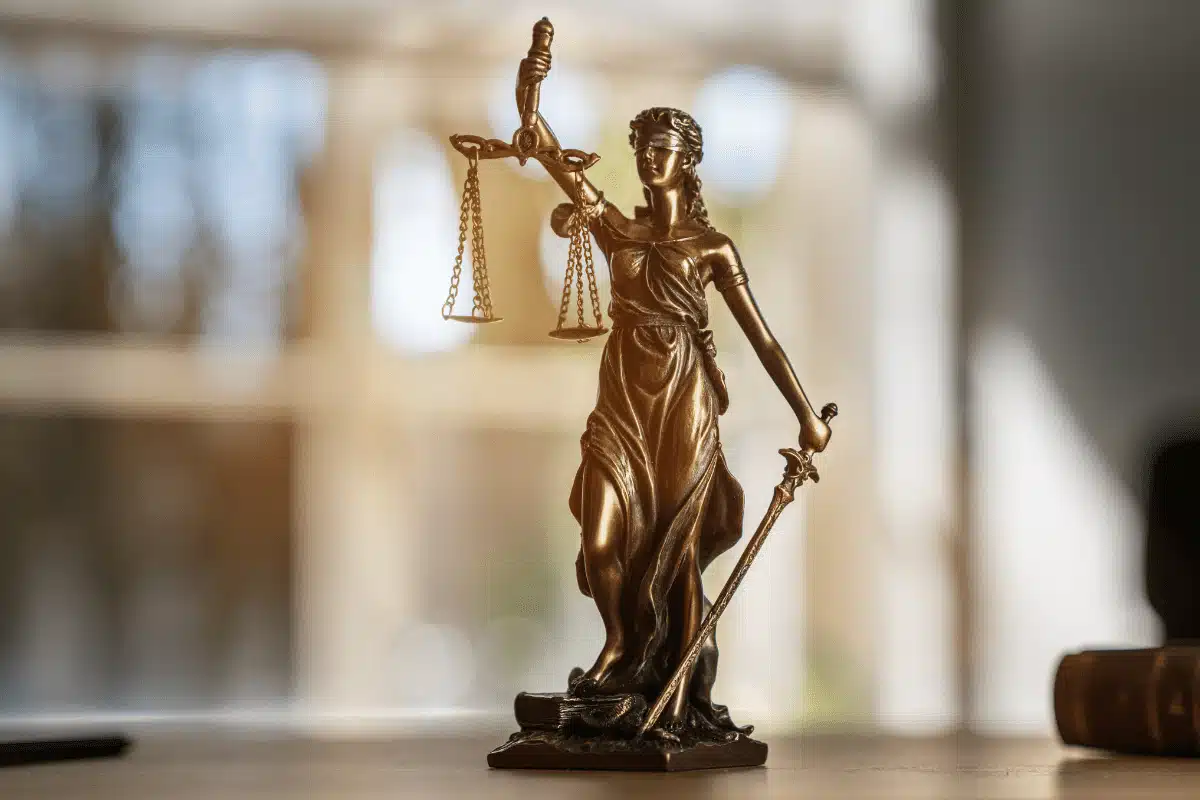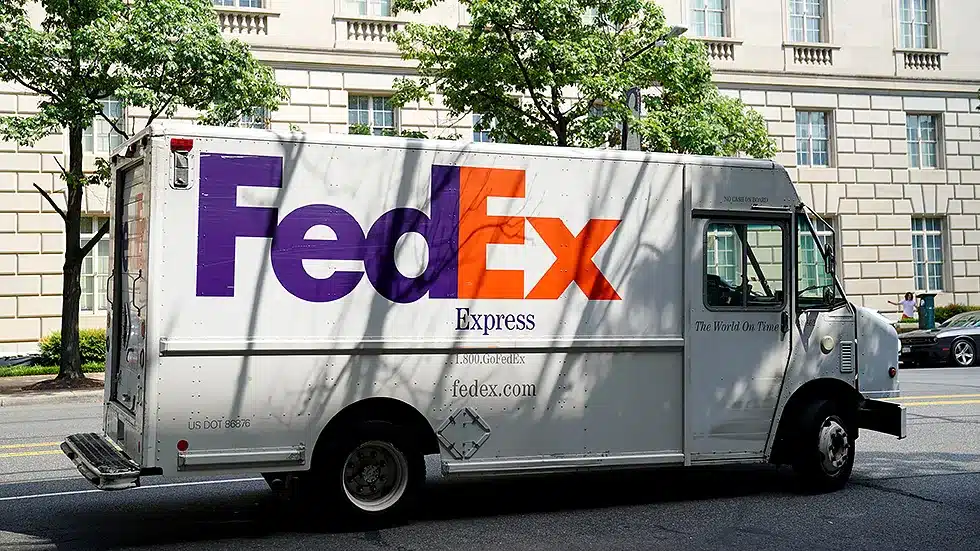
Admission of Liability
An admission of liability occurs when a party acknowledges responsibility for an accident or injury, effectively accepting fault for damages. In car accident cases, an admission of liability can be a significant turning point, as it may simplify the process of securing compensation for the injured party. However, it’s essential to understand that while an admission of liability can streamline claims, it may not always be straightforward. At 770GoodLaw, we navigate the complexities around admissions of liability to protect our clients’ interests and secure the compensation they deserve.
The Impact of an Admission of Liability in Car Accident Cases
In a car accident case, an admission of liability can dramatically affect the case’s trajectory. When an at-fault driver or their insurance company admits liability, it often means that there’s no need to prove fault, which can reduce legal expenses and time involved in resolving the claim. However, even with an admission of liability, negotiating fair compensation for injuries, property damage, and other losses may still require legal guidance.
For instance, an insurance company might admit that their policyholder was at fault but still dispute the extent of the damages claimed. In these cases, it’s crucial to have experienced representation to ensure that the admission of liability results in a fair settlement that accurately reflects all losses.
Types of Admission of Liability
Admissions of liability can take various forms, each with its own legal implications:
-
Verbal Admission: A driver might verbally admit fault at the scene of an accident. However, such statements are not always binding and may be retracted later.
-
Written Admission: A formal, written admission of liability, often made by an insurance company, holds more weight in negotiations and court settings.
-
Implied Admission: Sometimes, actions can imply an admission of liability. For example, if an insurance company quickly authorizes repairs or medical treatment payments, this may suggest they acknowledge responsibility.
Challenges and Pitfalls of Admissions of Liability
While an admission of liability can benefit an injured party, certain challenges and pitfalls may arise:
-
Retraction of Admission: A verbal admission made immediately after an accident may later be retracted. Often, at-fault drivers will change their statements, especially under advice from their insurer or legal representation. Without documentation, these admissions may not hold up in court.
-
Partial Admissions: Sometimes, an at-fault party will admit to specific aspects of liability but not fully accept responsibility. For example, they may admit to causing the accident but dispute the severity of injuries claimed by the other party. This type of partial admission may complicate negotiations.
-
Insurance Company Tactics: Insurance companies may admit liability to expedite the process but might undervalue or dispute certain damages, attempting to minimize the payout. They may also use admissions to encourage injured parties to settle quickly, often before the full extent of injuries or property damage is clear.
What to Do if the Other Party Admits Liability
If the at-fault driver or their insurer admits liability, there are essential steps you should take to protect your interests:
-
Document Everything: Record any verbal admissions and keep copies of all written admissions or communications from the at-fault party or their insurance company. This documentation can serve as critical evidence if the admission is later contested.
-
Avoid Settling Too Quickly: Even if liability is admitted, it’s important not to rush into a settlement. Ensure that all current and potential future damages are accounted for before agreeing to a compensation amount.
-
Consult with Legal Representation: Admission of liability can simplify a claim, but having an attorney ensures you receive the full compensation you deserve. An attorney can also help navigate potential disputes over damages or retracted admissions.
How 770GoodLaw Manages Cases Involving Admission of Liability
At 770GoodLaw, we treat admissions of liability as valuable, but not always definitive, aspects of a case. Our approach includes:
-
Evaluating the Admission’s Authenticity and Scope: We assess whether the admission is likely to hold up in negotiations or court, factoring in any statements, documentation, or actions by the at-fault party and their insurer.
-
Ensuring Fair Compensation: An admission of liability should pave the way for a fair settlement. We work to ensure that the admitted responsibility fully translates into adequate compensation for medical bills, property damage, pain and suffering, and other losses.
-
Protecting Against Unfair Settlement Offers: Insurance companies may attempt to leverage an admission of liability to push for a quick, low settlement. We stand firm in negotiations, prioritizing our clients’ best interests over the insurer’s convenience.
Potential Damages Recoverable After an Admission of Liability
An admission of liability can simplify recovery of various damages, but it’s crucial to understand what you may be entitled to claim:
-
Medical Expenses: Covering current and future medical costs associated with injuries from the accident.
-
Lost Wages: If injuries from the accident affect your ability to work, you may be eligible to recover lost wages and potentially even diminished earning capacity.
-
Property Damage: An admission of liability may expedite vehicle repair or replacement costs and other property damages associated with the accident.
-
Pain and Suffering: Non-economic damages like pain and emotional distress are often harder to quantify but remain valid components of fair compensation.
-
Punitive Damages: In cases involving gross negligence, punitive damages may also be available, serving as a deterrent against reckless or harmful behavior.
Choosing 770GoodLaw for Admission of Liability Cases
At 770GoodLaw, we stand with our clients, ensuring that an admission of liability is fully leveraged for their benefit. With our core values of Relentless Reliability and Sincetegrity, we provide steadfast support, from securing necessary documentation to negotiating with insurance companies. We advocate tirelessly, fighting for the compensation our clients need to recover and move forward.






